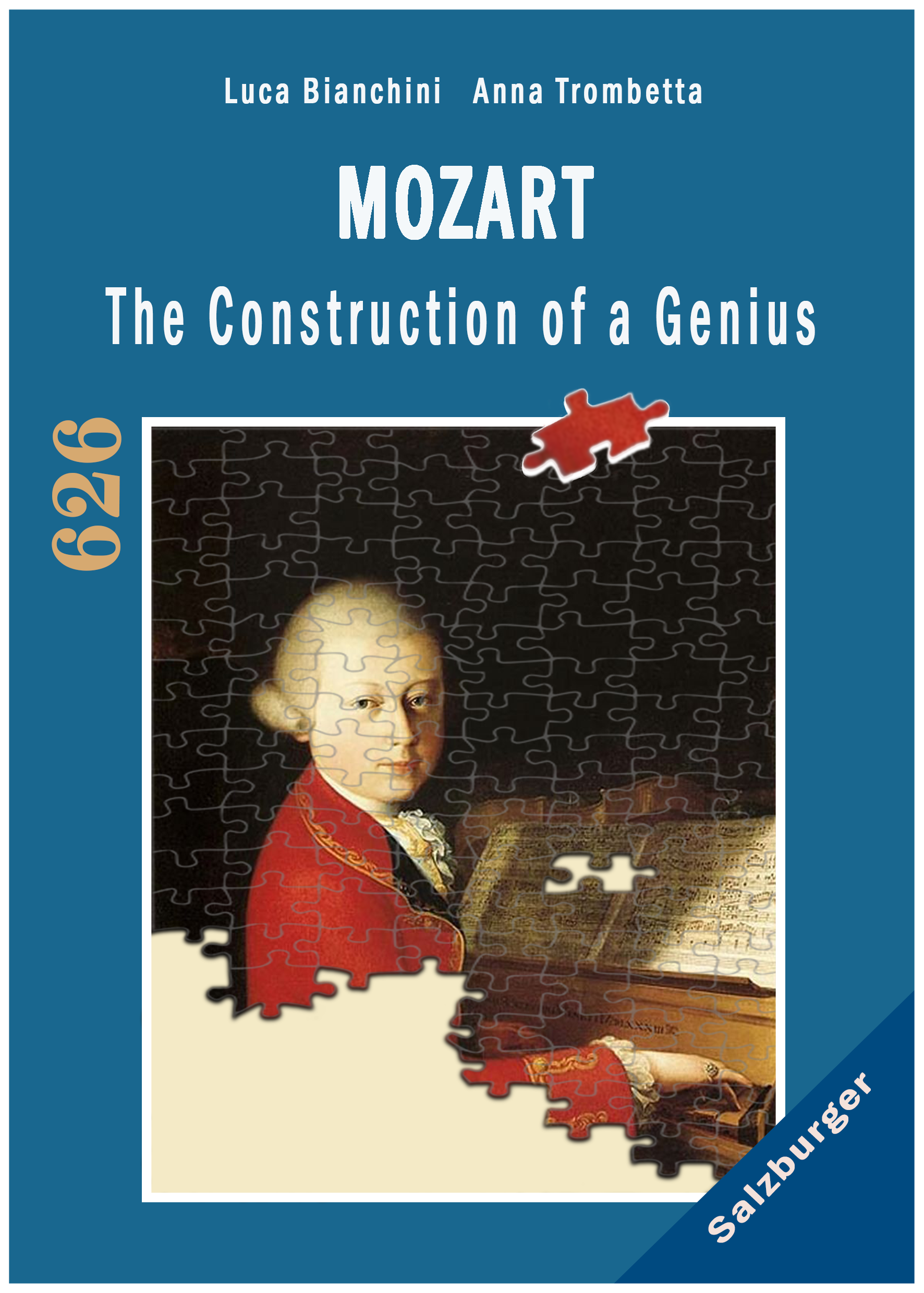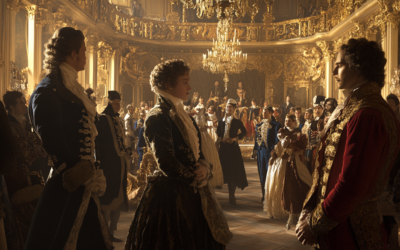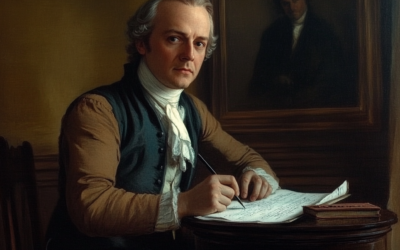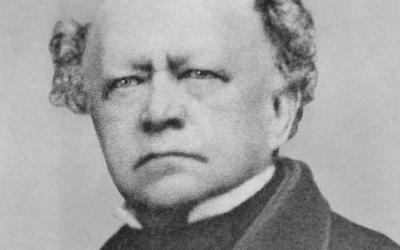Wolfgang Amadé Mozart
The Mozart Myth Unveiled: A Deeper Look at the Deception Surrounding His Legacy
Mozart’s legacy is far from the untarnished narrative of genius that history would have us believe. The web of deceit woven around his name by those closest to him, including his own widow, reveals a much darker story.
Mozart The Construction of a Genius: The Untold Story
Mozart: The Construction of a Genius” uncovers how the myth of Mozart was crafted after his death in 1791, initially to support his widow, then exploited by publishers, and later used to elevate Mozart as a cultural icon. Bianchini and Trombetta reveal that the personal catalogue attributed to Mozart is a late 18th-century fabrication, challenging long-held beliefs about his legacy.
“Constanze Mozart was fully aware that the hymn attributed to her late husband was, in fact, the work of August Eberhard Müller. Yet, she perpetuated the lie, presenting it as a genuine Mozart composition—a deception that continues to mislead even today”
Mozart The Construction of a Genius
Wolfgang Amadeus Mozart is often heralded as a musical genius, but beneath the surface of this glorified narrative lies a web of deceit and fabrication that has distorted his true legacy. Far from the infallible icon of classical music, Mozart’s name has been misused and manipulated, particularly by those closest to him, to propagate falsehoods for personal gain.
The Forged Bass Continuo School
In 1796, an advertisement in the Wiener Zeitung promoted a so-called ‘undiscovered manuscript’ by Mozart, known as the Bass Continuo School. This work, supposedly authored by the composer, was vouched for by none other than Constanze’s later husband, Von Nissen. Despite his assurances, the manuscript was nothing more than an elaborate forgery. Astonishingly, it took until the 19th century for this fact to be fully recognised, yet even today, the work is still mistakenly believed to be authentic in some circles. This incident marks just one of the many times Mozart’s name was exploited to sell fraudulent compositions.
Constanze Mozart’s Role in Perpetuating the Fraud
Constanze Mozart, Wolfgang’s widow, played a pivotal role in perpetuating these fabrications. Desperate for financial security, she repeatedly sold what she claimed to be ‘autograph’ versions of Mozart’s works, including his famous Requiem. Despite being incomplete drafts, she presented them as finished masterpieces, leading to her being publicly reprimanded for her dishonesty. Constanze’s actions reveal a troubling willingness to deceive, driven by her need to capitalise on Mozart’s fame.
The Role of August Eberhard Müller
Another key figure in this web of deceit was August Eberhard Müller, a musician who benefited from having his own compositions falsely attributed to Mozart. Among these spurious works were various pieces listed in the Köchel Catalogue’s appendix, including a hymn that Müller performed in Leipzig under the guise of a Mozart composition. Müller’s readiness to accept, if not encourage, this misattribution highlights the extent to which Mozart’s name was exploited by those eager to bask in his reflected glory.
The Enduring Legacy of Deception
Even years after Mozart’s death, these forgeries continued to circulate, with works like the Bass Continuo School and Müller’s hymn still mistakenly believed to be genuine Mozart compositions. The persistence of these fabrications underscores how deeply ingrained the myth of Mozart has become in the classical music world. The readiness of individuals like Constanze and Müller to distort the truth for personal benefit casts a long shadow over Mozart’s legacy, prompting us to question how much of what we believe about him is truly authentic.
You May Also Like
The Myth of the “Viennese Classics”: Mozart’s True Heritage and the Empire’s Agenda
Mozart wasn’t the quintessential Viennese; rather, he was shaped by German heritage and an opportunistic empire that controlled music as fiercely as it did its people.
The Nationalistic Roots of the Philharmonic Legacy
Under Goebbels, the Berliner Philharmoniker became an instrument of Nazi propaganda, framing German composers as the supreme guardians of musical heritage.
Australian Scholars Confirm Our Findings on Mozart’s Forged Catalogue
Professor Martin Jarvis of Darwin University confirmed our long-held findings that Mozart’s personal catalogue is a forgery, during his recent lecture The Mozart Scam. Forensic analysis continues to unravel the myths surrounding Mozart’s legacy.
The Italian Journey
The Mozarts’ Italian journey of 1769 was not a leisurely Grand Tour but a strategic mission driven by ambition, navigating the treacherous roads of 18th-century Europe in pursuit of fame and fortune.
Mozart’s Music or Marketing Strategy?
Despite Köchel’s best intentions, his catalogue of Mozart’s works became a commercial tool, filled with questionable pieces added by publishers keen on profit rather than accuracy.
A Revolutionary Encounter at Cremona Musica
Sharing insights on Mozart and the Neapolitan school at Cremona Musica, the premier global stage for music and culture.







